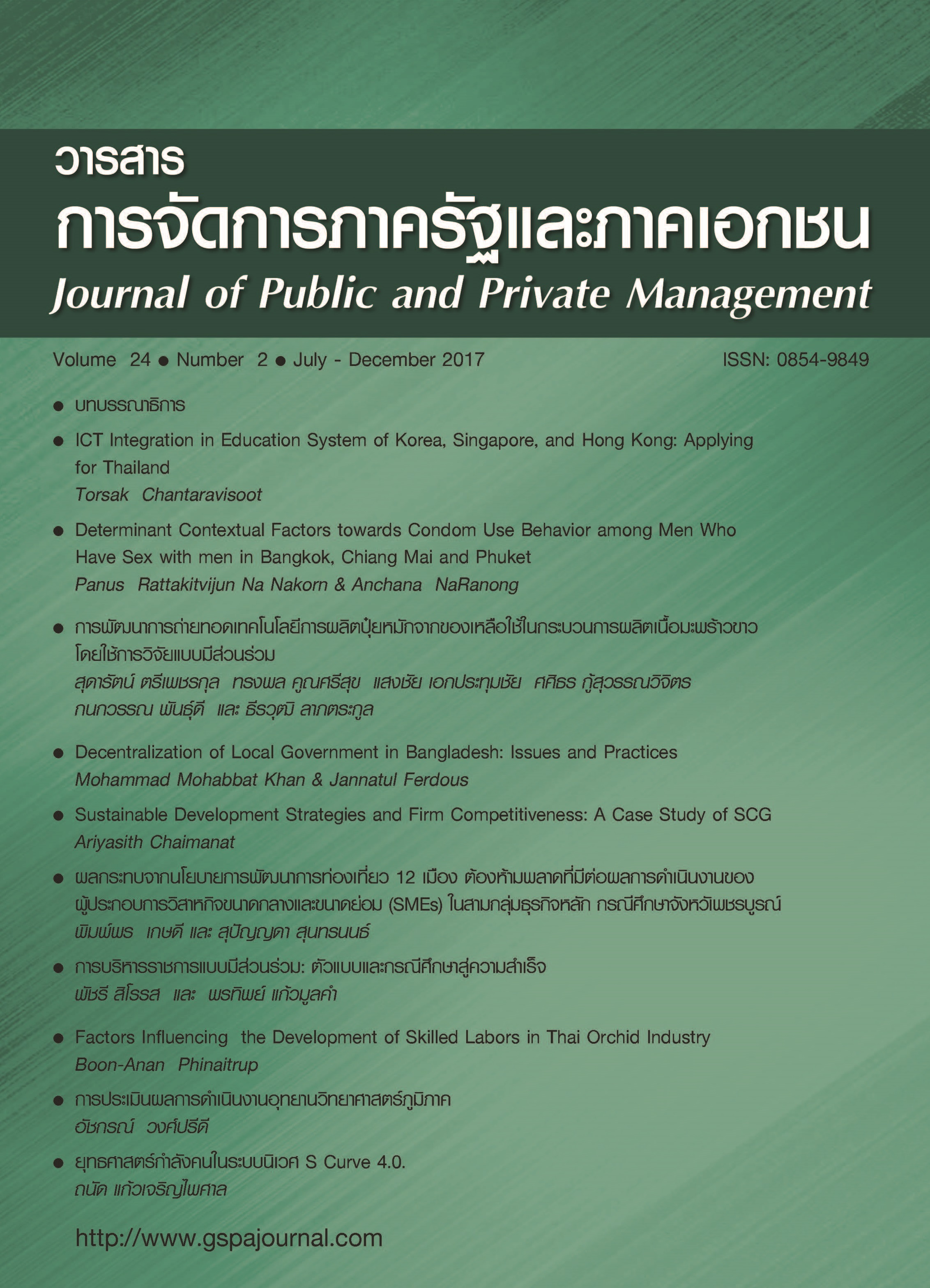ICT Integration in Education System of Korea, Singapore and Hong Kong: Applying for Thailand
Abstract
Globalisation has shrunken our world into a single, large global community at frighteningly fast pace. Those who are not able to catch up with it could be worryingly left behind. Therefore, it consequently creates a widening gap between developed and developing countries. Endogenous growth theory suggests that internal knowledge creation and research development policies enable poorer nations to escape poverty traps and richer nations to maintain their growth in a sustainable fashion. Arguably, governments of leading nations have enthusiastically sought ways to fuse Information and Communication Technology (ICT) with pedagogical activities to create knowledge and equip their citizens to build skilful human capital. Evidently, those nations who have successfully done so are doing rather well and are able to stand at the forefront of the global community, such as Korea, Singapore and Hong Kong. This paper looks into case studies of how these three nations have successfully adopted and integrated ICT into their pedagogical activities and also examines common characteristics among the main actors, such as their Ministries of Education, school directors and teachers in schools through our evaluation framework. Finally, this paper also provides recommendations of how Thailand could adapt and adopt such strategies into their own integration.



